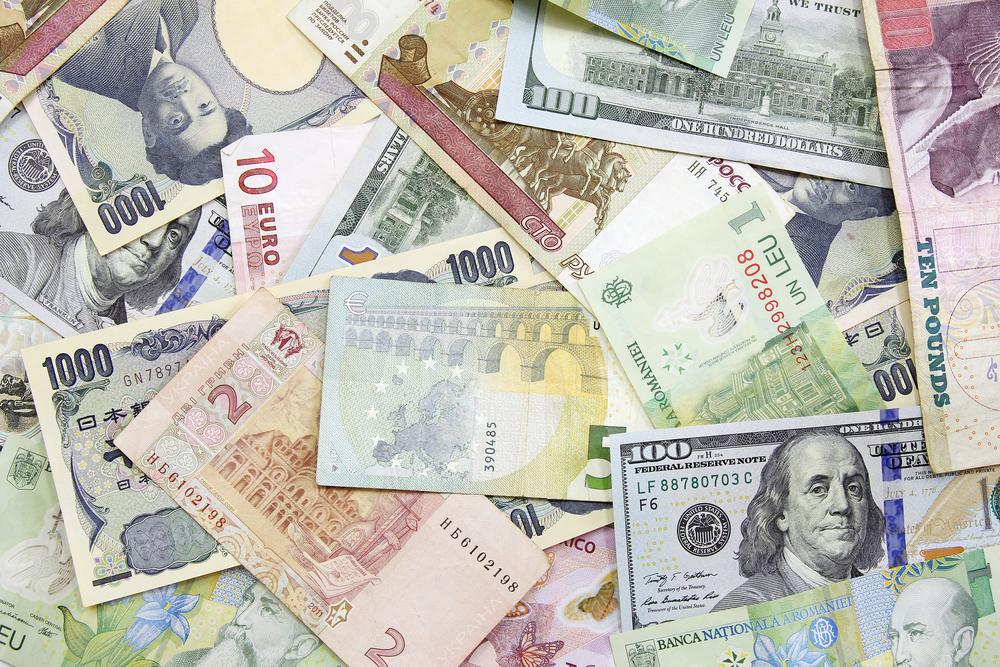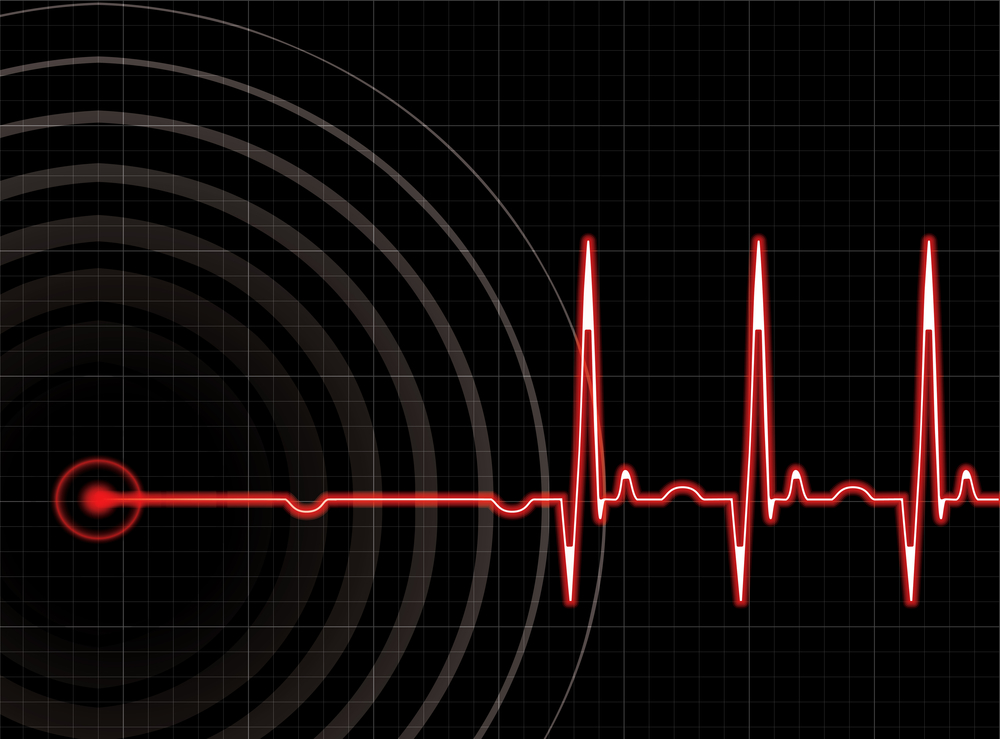July 2nd, 2016, Washington, DC: I’ve just delivered the Best Man toast at W* and E*’s wedding. People are shaking my hand and giving me compliments on it. I do my best to look delighted and let the compliments land, but the truth is, I can’t feel their warmth right now. I’m too exhausted. It’s been a long couple of weeks.
I step outside to steal a few moments for myself.
A panhandler approaches. He goes into his pitch, preparing to ask for a buck or two. I interrupt him, hoping to speed this up, and ask, “How can I help you, sir?” I tried to ask the question gently, but it came out brusque and resentful.
For the first time, he really looks at me and sees beyond the 30-something guy dressed in a rented tux. He turns to me, and gently says, “I’m so sorry. I didn’t mean to bother you” and walks away.
I didn’t mean to send him away. I would have given him a few dollars. But I had become so burnt out that I couldn’t even extend a bit of warmth to someone who needed it.
In that moment, I realized that I had nothing left to give.
Energy is your most important resource
Have you ever been in a situation where your life appears to be perfect – you have money, time, friends, family, and health – and yet, there’s still something missing? That’s happened to me many times. In most cases the problem is that you’ve misallocated your energy, making it difficult to connect with the moment.
Learning to cultivate, manage, and strategically invest your energy will dramatically improve your life. In fact, the success of almost any endeavor hinges on the amount of energy and attention you invest, not the time or money.
By energy, I’m referring to the cross-section of how energetic you feel (hyper, sleepy, etc.), and the predominant emotion you’re experiencing (playful, creative, etc.).
When you feel energetic, confident, and creative, it’s easy to engage with life. When you feel tired, depressed, and dark, doing anything is a struggle.
The aim is to make decisions that flood your system with positive energy, and then focus that energy on the people and projects that mean the most to you. Doing this begins with treating your energy as though it’s an extremely valuable currency.
Energy is a currency

Think of your energy as a currency –like time or money- that can be invested, saved, given away, stolen, or wasted. When making decisions, ask yourself, “Do I really want to invest my energy in this?” If the answer is unclear, unpack the question by asking, “What are the likely consequences of pouring my energy into this?”
You should invest as much energy as possible into the things you want more of, while withdrawing it from the things you don’t want.
An example from my professional life. A few years ago a partner and I were working on a project for a well-known entrepreneur. When we sent him the bill he refused to pay.1
Even though we could have sued him and won, we chose not to.2 A lawsuit would generate huge amounts of stress, resentment, uncertainty, and anger. It would dominate our thoughts and calendars. It would take us away from friends, family, clients, and ourselves. Simply put, it wasn’t worth it.
The world is dark and difficult enough on its own. By investing your energy into something that’s likely to produce more shit, you’re making life harder for yourself (and probably others, too) than is necessary.
As you start making decisions based on whether or not you want to invest your energy you’ll notice new – smarter – behaviors emerging. Instead of trying to win arguments you’ll start saying, “Maybe you’re right” and changing the topic. Instead of spending hours trying to find the best deal, you’ll buy things based on convenience. Instead of getting tangled in drama (like a lawsuit) you’ll let it go and move on.
Avoid energy thieves
One of the best ways to create an abundance of energy is to minimize your exposure to energy thieves. The most common culprits:
Toxic people: when identifying toxic people, there’s an important distinction to make between loved ones who needs support, and the truly toxic. A loved one going through a tough time is likely to command a lot of your time and attention. Even though this can be draining, I’d suggest giving it to them as generously as you can. Leaning on the people you love, and allowing them to lean on you, is one of the most meaningful, intimate experiences you’ll ever have. It’s also the literal foundation of a strong support system.
A truly toxic person is different. Truly toxic people consistently leave you feeling drained, anxious, and small. If you have people like this in your life, it’s best to spend less time with them. Don’t return all of their calls. Ignore their invitations. Say no when they ask you to do something you aren’t enthusiastic about. Avoid hanging out with them one on one. Yes, this is kind of cold, but it’s even colder to lie about wanting to spend time with someone while withholding your full presence.
Prioritizing the desires of those who bring you down signals to yourself that your needs are less important than the needs of people you dislike. Please don’t do that to yourself.

Lying: lying – especially white lies and lies of omission – is so normal that most people don’t even realize they’re doing it. It’s also extremely draining.
To successfully lie, you have to construct a fictional reality and then try to convince someone– often someone you care about – that it’s the truth. Then you have to keep track of the lies you’ve told, and who you’ve told them to, so you don’t get caught. Through it all, you have to shoulder the burden of knowing that you’re not showing up authentically in the world.
At a deeper level, many people lie to themselves by failing to pursue their burning desires and avoiding the conversations they need to have.
When you commit to living without lies (a surprisingly difficult task) you’ll notice that it frees up a huge amount of energy for you to invest in other areas of your life.
Mindlessly staring at screens: computers, phones, tablets, and televisions are unavoidable. The question you need to ask yourself is what’s happening while you’re looking at them. If you’re engaged by the work you’re doing, entertained by the Pokémon you’re chasing, or enjoying the conversation with your friend, that’s fine. But when you find yourself zoning out, entranced by whatever is in front of your face, then the screen is stealing your energy. Work to set boundaries around your interaction with electronics to prevent them from draining you.
Toxic jobs: most people spend a lot of their time at work. A bad job has the ability to infect every area of your life. If you find yourself consistently wishing you worked somewhere else, it’s time to develop an exit plan. Yes, I know, quitting is scary. It forces you to deal with the unknown. That’s ok. It’s far better to quit than to suspend yourself in a reality that drains you.
Being overcommitted: this is the mistake I made at the top of the article. Over the course of three weeks, I committed to being in three weddings in three states, spending a week leading an 80 person staff training in a fourth state, and catching up with friends and family along the way. I wasn’t allowing enough time for rest. I failed to prioritize myself and, as a result, burnt out.
If you’re wired to be a people pleaser (like I am) then it’s important that you learn to say, no. Alternatively, if you do say yes to many things all at once (like I did), then make sure that the price is worth the cost. Personally, I needed a solid week of rest before I was able to fully engage with life again.
Neglecting your health: many people willingly sacrifice their health by putting diet, exercise, and sleep on the back burner, perpetually telling themselves, “I’ll handle my health tomorrow.” Bad idea. Health is the foundation of energy. A few basic guidelines:
- Diet: a simple approach is to have a smoothie for breakfast, a big-ass salad for lunch, and a sensible dinner. Experiment with eliminating alcohol and caffeine to see how they affect your energy. Personally, I am much more energetic when I consistently go without caffeine.
- Sleep: the goal is to wake up feeling refreshed in the morning. The easiest way to do this is to wake up at the same time every day and go to bed when you’re tired. If this doesn’t work for you, try turning your electronics off an hour or two before bed. If that doesn’t work, experiment with eliminating caffeine and sleep aids. If you’re still struggling, I suggest reading, “The Insomnia Workbook.” This book made dramatic improvements in the quantity and quality of my sleep.
- Exercise: find something you enjoy and aim to do it a few times a week. If you’re completely lost, I suggest starting with Couch to 5k, a tiered jogging program for people who aren’t runners.
As with any change, it’s easiest to begin with small, sustainable, actions that move you in the right direction.
Identify and protect your peak times

Most people get the majority of their work done in two or three predictable bursts throughout the day. If you start observing your own behavior you’ll notice that there are consistent times when it’s easier for you to be creative, focused, and in the zone. These are your peak times and they are extremely valuable.
You can find your peak time by keeping track of your energy throughout the day. Over the next two weeks, check in with yourself every hour while you’re awake. During these check-ins, rate the following on a scale of 1 – 10, your:
- Energy
- Focus
- Happiness
- Creativity
- Stress
At the end of the two weeks, review the data that you’ve collected about yourself. You’ll start to notice natural ebbs and flows of energy. Keep in mind that things like caffeine, sleep deprivation, and changing time zones can skew your results. Control these elements to the best of your ability during the experiment.
Once you’ve found your peak times protect them on your calendar. These are the times when you’ll most easily be able to step into the flow and create whatever it is that you desire. I suggest using them for the most important projects in your life.
Personally, my peak times are from 9:30am – 11:30am and again from 9:00pm – 12:00 midnight. I dedicate the first one to writing and working with clients and the second one to whatever feels most important that day.
A lost secret
One of the lost secrets of life is that energy – not time or money – is the most valuable resource.
By focusing and channeling your energy you can create nearly anything you desire: love, connection, money, art, fun, joy, adventure, etc. The trick is to understand that creating a better future starts by focusing your energy in the present. From there you are limited primarily by your imagination and your belief in yourself.
Footnotes
- We found out later that he was broke when he hired us. The funny thing is that the first time I spoke to this guy, my gut told me to walk away. But I was seduced by the prestige, and the (theoretical) paycheck, and ignored my intuition. I don’t do that anymore.
- What we did do was take measures to prevent this from happening again, first and foremost requiring payment in full up front.
Wonderful article. Lots to keep in mind about how to assess and recharge our energy and how to avoid having it drain. Wonderful focused advice and anecdotes were very helpful.
Thanks Melissa, I can’t tell you how much your words mean to me. 🙂
Great to read you, feels like reconnecting. Great article, so true! Alina
Thanks, Alina. I really appreciate that. I hope you’re well out there in the world.